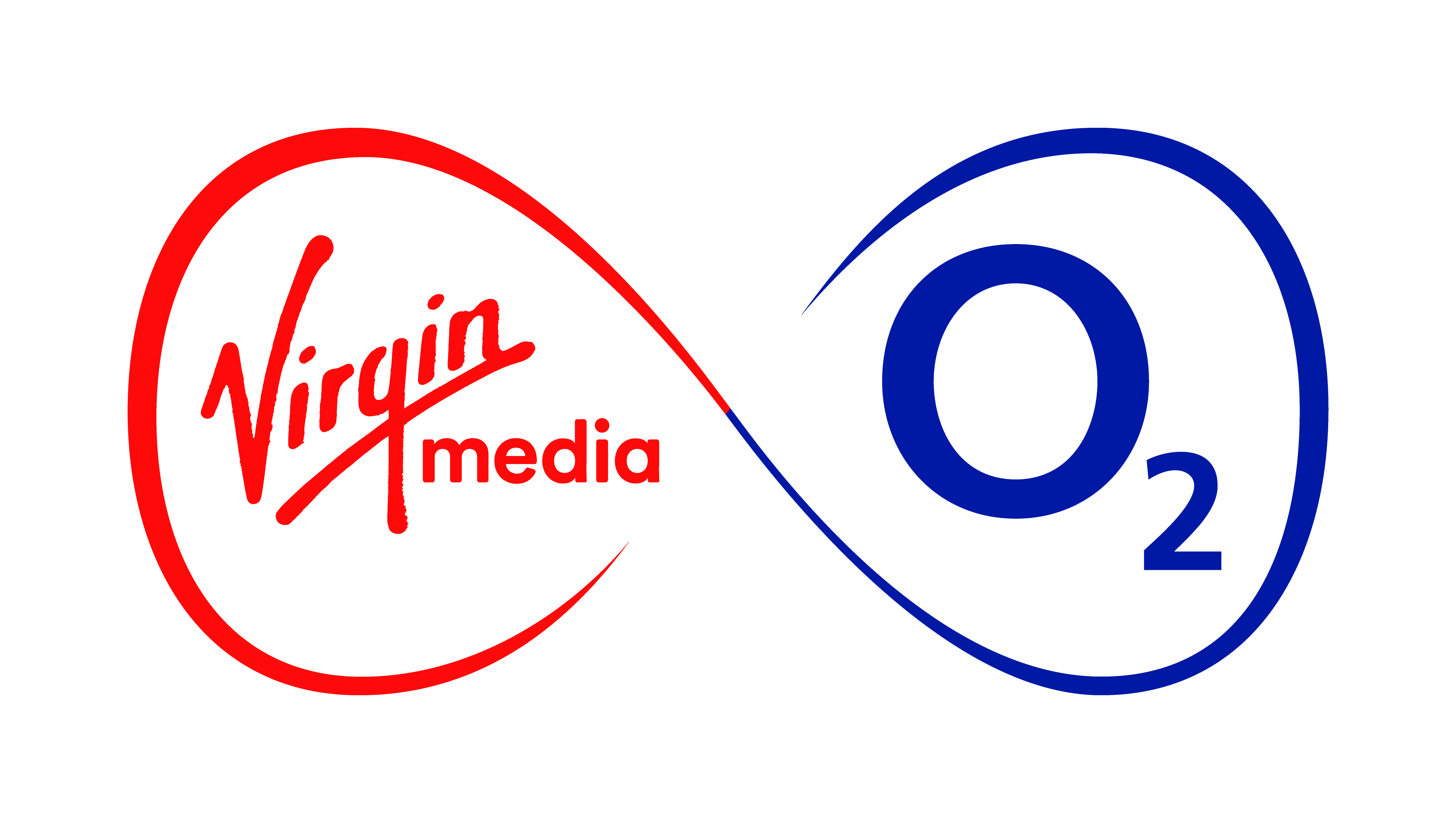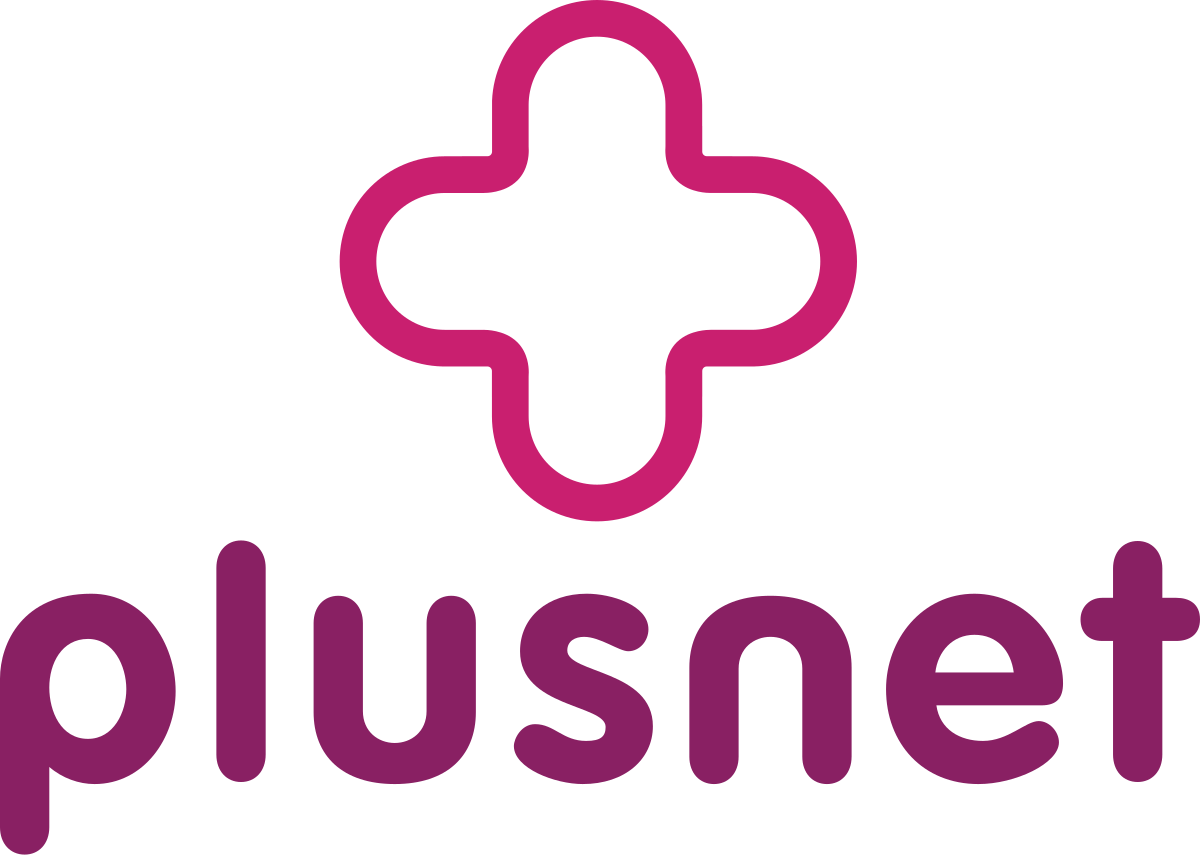Select an option to filter your results. To unselect it, click it again.










A broadband-only deal provides consumers with internet access without requiring additional services such as a landline phone, television channels, or mobile phone plans. The fundamental characteristic is the focus on internet connectivity only, allowing subscribers to pay solely for what they need. This approach contrasts with traditional bundled packages where costs for broadband are intertwined with other services.
The increasing popularity of broadband-only deals reflects a significant shift in how individuals consume media and communicate. With the rise of over-the-top video streaming platforms and the widespread adoption of mobile phones, many consumers no longer need traditional cable or landline services. As a result, these deals allow users to tailor their spending to actual service requirements.
Broadband plans without extra services bundled can have several benefits, including cheaper monthly pricing, flexibility, and simplicity compared to bundle packages. Some great broadband-only providers include Plusnet, BT, and Sky, which makes them an attractive option for many households and businesses.
Broadband-only deals essentially refer to an internet service plan that provides high-speed internet access (fibre, copper or a combination of these) without bundling in a landline phone or TV package like sports, entertainment and movie bundles. They’re perfect for most users who just need the internet for activities like web browsing, video streaming, social media, online gaming or other such activities.
Besides cost savings, broadband-only deals offer simplicity and flexibility by decoupling broadband from services that are not always needed or wanted. It’s the margarita pizza of broadband that you can also add toppings to later. With communication now occurring online (e.g. Whatsapp messages and calls, Teams meetings, etc.), broadband-only deals provide connectivity along with the freedom to build a customised digital services bundle.
Opting for a broadband-only service without a landline phone or Pay TV bundle included can be a smart choice for many households. Going broadband-only offers several potential benefits:
By removing components you may not want or need, broadband only packages strip out costs for landline rental, calling plans, TV licenses and channel packages. This leads to cheaper monthly bills, often £5 to £20 less per month than bundled alternatives from the same provider. Over the course of a year, the savings add up.
Broadband only services give you flexibility to choose exactly what you want. Don’t want or need a landline? Ditch it. Happy streaming entertainment via on-demand sites? Broadband on its own may suffice. You can customize your services to match your household’s needs and preferences rather than paying for things you don’t want.
Dealing with just a single broadband service eliminates the complexity of managing multiple components like TV channel packages, calling plans and home phone features. It can also mean fewer unexpected costs. No risk of expensive international calls on your landline for instance. Just a simple, transparent monthly broadband fee.
For households with mobile phones for their communication needs and on-demand internet video for entertainment, a broadband only deal delivers what they require without unnecessary extras. As bundles incentivise taking services you may not want, broadband-only deals enable simplicity plus savings.
Broadband-only deals in the UK represent an increasingly significant telecommunications market segment. These deals offer consumers internet access without requiring landline, television, or mobile services. The a la carte approach caters to households whose communication and entertainment needs have evolved beyond traditional bundled packages.
This report provides a comprehensive analysis of broadband-only deals in the UK. It examines their definition, benefits, market dynamics, pricing trends, regional impact, provider offerings, potential cost savings, the regulatory environment, and the performance and reliability of different connection types. Key findings indicate a growing adoption of broadband-only deals driven by cost-effectiveness and the increasing availability of full fibre infrastructure.
While bundled services still hold a considerable market share, the trend towards standalone internet connectivity is evident. Pricing varies significantly based on speed and provider, with competitive options emerging from smaller, independent networks. The full fibre rollout across the UK, especially in cities like York, further fuels the availability of these deals. Regulatory changes to increase transparency and promote competition are also shaping this market segment. Ultimately, the choice depends on individual needs, but the analysis suggests a strong and expanding future for broadband-only options.
A broadband-only deal provides consumers with internet access without requiring additional services such as a landline phone, television channels, or mobile phone plans. The fundamental characteristic is the focus on internet connectivity only, allowing subscribers to pay solely for what they need. This approach contrasts with traditional bundled packages where costs for broadband are intertwined with other services.
The increasing popularity of broadband-only deals reflects a significant shift in how individuals consume media and communicate. With the rise of over-the-top video streaming platforms and the widespread adoption of mobile phones, many consumers no longer need traditional cable or landline services. As a result, these deals allow users to tailor their spending to actual service requirements.
One of the primary advantages of opting for a broadband-only deal is the potential for significant cost savings. Data suggests that standalone broadband can be noticeably cheaper than dual-play bundles that include a landline. By eliminating the cost of unwanted services, consumers can achieve a reduction in their monthly expenses.
Beyond cost savings, broadband-only deals offer simplicity and reduced administrative overhead. Managing a single service from one provider streamlines billing and reduces the complexity of dealing with multiple contracts. This simplified approach is particularly attractive to digitally savvy individuals who prefer a modular service subscription.
These deals are ideally suited for specific demographics such as students or smaller households with basic internet needs. By focusing solely on internet access, these consumers avoid paying for services they do not utilise.
A common point of confusion is whether a phone line is necessary for broadband-only deals. Although older technologies like ADSL or part-fibre still use the copper phone line infrastructure, consumers are not necessarily required to pay for active landline service. Many providers offer packages that cover only internet access.
Newer broadband technologies like full fibre and cable broadband operate on different infrastructures and do not require a traditional phone line. Providers can offer broadband-only packages without any reliance on voice services, ensuring that customers receive just the internet connectivity they need.
Fixed broadband, which delivers internet access via a physical cable connection, remains the most prevalent method in the UK. Several underlying network infrastructures support broadband-only deals. Openreach, for instance, operates an extensive digital communications network used by many major internet service providers. The rollout of full fibre technology is significantly increasing the availability of high-speed broadband-only connections.
Virgin Media, operating its own independent cable network, offers ultrafast broadband-only packages with high download and upload speeds. CityFibre is another significant independent network, focusing solely on deploying future-proof full fibre technology. Other smaller, regionally focused networks also contribute to the market, often offering competitive pricing and high-quality service.
Various technologies are utilised for fixed broadband, including part-fibre (FTTC), full fibre (FTTP), cable broadband, and even ADSL. Each has different capabilities in terms of speed and reliability, with full fibre providing the highest potential speeds without requiring a traditional phone line.
Mobile broadband offers an alternative way to access the internet without a fixed cable connection. Using 4G or 5G mobile networks, this type of connection is typically accessed through a data-only SIM card or a dedicated mobile hotspot device.
The key advantage of mobile broadband is its independence from traditional landline infrastructure and its portability. This flexibility is ideal for users who move frequently or require internet access in temporary locations. However, its performance is dependent on mobile network signal strength and often comes with data caps, which can be a limitation for high data consumption users.
Satellite broadband utilises communication satellites to transmit data, offering internet access in remote and rural areas with limited fixed or mobile broadband options. In the UK, providers like Starlink have emerged as leaders in this space.
While satellite broadband offers extensive coverage, its current entry prices tend to be higher due to the costs associated with equipment and ongoing subscriptions. As technology matures and advancements are made to reduce latency and costs, satellite broadband could become a more competitive option.
The market share of broadband-only deals compared to bundled services in the UK is dynamic. Data indicates that a significant portion of the market is not opting for traditional TV and broadband bundles. Although many households still prefer bundled services for convenience and perceived value, many consumers are motivated by cost savings and the increasing availability of attractive broadband-only options.
The rapid rollout of full fibre technology provides a platform for delivering high-speed broadband-only services, reinforcing the trend towards standalone internet connectivity.
Pricing for broadband-only deals varies based on factors such as connection speed, provider, contract length, and promotional offers. Analysis of average costs for different speed tiers in 2024 shows that the average list price for standalone fixed broadband is lower than that of dual-play packages.
Promotional prices, particularly from smaller, independent full-fibre network providers, often offer competitive rates. Longer-term contracts usually result in lower monthly rates compared to shorter contracts. The market has seen a downward trend in prices, driven by increased competition and the expansion of full fibre networks.
| Speed Tier | Average Monthly Cost (12-month contract) | Average Monthly Cost (18-month contract) | Average Monthly Cost (24-month contract) |
|---|---|---|---|
| <30Mbps | £25 – £30 | £23 – £28 | £20 – £25 |
| 30-100Mbps | £28 – £35 | £26 – £33 | £24 – £30 |
| 100-300Mbps | £30 – £40 | £28 – £38 | £26 – £35 |
| 300-500Mbps | £35 – £50 | £33 – £48 | £30 – £45 |
| >500Mbps (Gigabit) | £40 – £70+ | £38 – £65+ | £35 – £60+ |
Several major providers dominate the UK broadband market. Comparing the broadband-only deals of BT, Virgin Media, Sky, and TalkTalk provides valuable insights for consumers.
BT offers a comprehensive range of packages, including both part-fibre and full fibre options with varying speeds and a standard contract length of 24 months. Virgin Media focuses on delivering ultrafast fibre-only deals through its cable network with speeds that often rank among the fastest in the UK. Sky provides both superfast and full fibre options, including flexible landline pay-as-you-talk services, while TalkTalk markets its full fibre deals as not requiring a traditional phone line.
Each provider offers unlimited data and competitive pricing based on speed tiers and contract lengths. Consumers are encouraged to compare these offerings in terms of speed, contract terms, and additional features such as included routers.
| Feature | BT | Virgin Media | Sky | TalkTalk |
|---|---|---|---|---|
| Entry-Level Speed | 36Mbps / 9Mbps (Fibre Essential) | 132Mbps / 20Mbps (M125) | 61Mbps (Superfast) | 77Mbps (Full Fibre 65) |
| Mid-Range Speed | 150Mbps / 28Mbps (Full Fibre 100) | 264Mbps / 25Mbps (M250) | 150Mbps (Full Fibre 150) | 152Mbps / 30Mbps (Full Fibre 150) |
| Top-Tier Speed | 900Mbps / 110Mbps (Full Fibre 900) | 1130Mbps / 52Mbps (Gig1) | 900Mbps (Full Fibre Gigafast) | 944Mbps / 110Mbps (Full Fibre 900) |
| Typical Contract | 24 Months | 18 Months | 24 Months | 24 Months |
| Data Caps | No | No | No | No |
| Starting Price (Approx.) | £27.99/month | £25.99/month | £22/month | £28/month |
| No Landline Required | Yes (Full Fibre options) | Yes | Yes (Full Fibre options) | Yes (Full Fibre options) |
| Key Features | Widespread network, Speed Guarantee | Fastest widely available speeds | Includes pay-as-you-talk service | Amazon eero router included with higher tiers |
Opting for a broadband-only deal can lead to significant cost savings, although the actual amount saved depends on individual circumstances. Analysis shows that standalone fixed broadband is generally cheaper than dual-play packages. Consumers who do not need a landline can see savings, though the overall benefit depends on the combination of services a household requires.
While bundled services can save money when multiple services are needed, households that use only broadband can potentially save up to 15% on their monthly bills. It is important to consider any additional costs that may arise from subscribing to separate services.
The potential savings of choosing a broadband-only deal vary by usage scenario and household size. A single user may save more by eliminating unnecessary services, while a family might see smaller savings if they require additional services such as streaming or mobile plans.
Ultimately, the choice between broadband-only and bundled services should be based on a careful evaluation of individual or household needs, usage patterns, and a comparison of total costs.
The UK broadband market is regulated by Ofcom, which plays a significant role in shaping the pricing, availability, and quality of broadband services. Recent regulatory changes have focused on increasing transparency and ensuring predictable pricing in broadband contracts.
Government initiatives, such as infrastructure projects aimed at expanding full fibre broadband, have further supported the growth of broadband-only deals. These efforts are designed to foster competition, improve consumer protection, and ensure that high-speed internet access is widely available.
Ofcom’s efforts to promote competition have led to more attractive and competitively priced broadband-only deals. New rules on price transparency provide consumers with certainty regarding the total cost of their contracts. Additionally, initiatives like social tariffs help ensure that affordable internet access is available to low-income households.
The performance and reliability of broadband-only connections vary by provider, technology, and location. Expert reviews and consumer feedback provide valuable insights into service quality. Data from consumer satisfaction surveys and complaints indicate that fixed broadband, particularly full fibre connections, are generally the most reliable.
While mobile broadband offers flexibility, its performance is highly dependent on network coverage and may be affected by data caps. Satellite broadband, though providing extensive coverage, is more susceptible to disruptions from environmental factors.
Overall, fixed broadband connections using full fibre technology are considered the most reliable. Consumer feedback shows that providers like Utility Warehouse and BT receive positive reliability ratings, while some larger providers may have more complaints. These trends suggest that thorough research is important before committing to a broadband-only deal.
Note: Deals on Broadband is a comparison website for broadband providers. We don’t own any services and make a small commission by linking customers to provider websites. Broadband deals and packages change frequently. While we aim to keep all information on this site up-to-date, we strongly recommend checking the current information for each service provider for accurate and recent pricing, information, and terms and conditions.
© 2025 Deals on Broadband